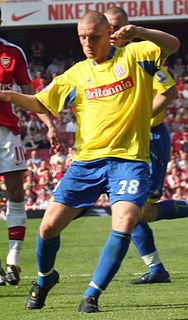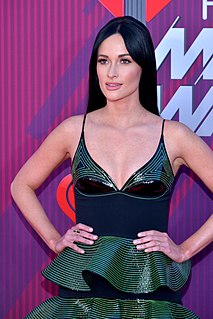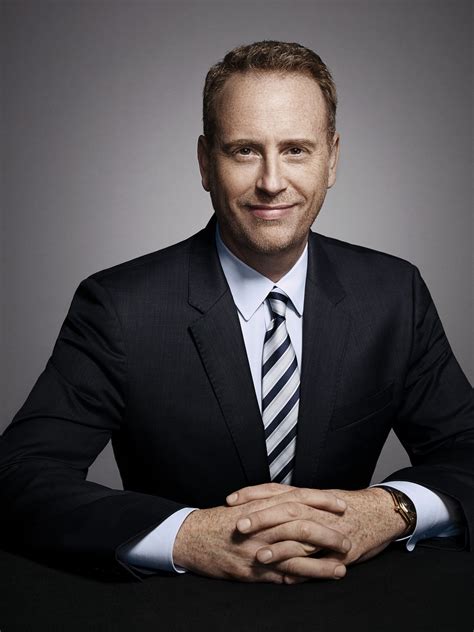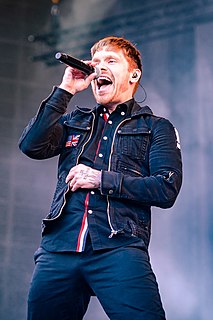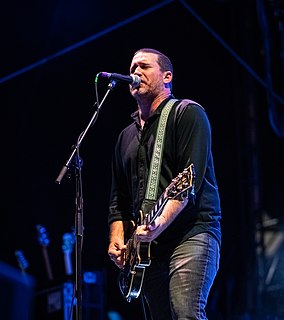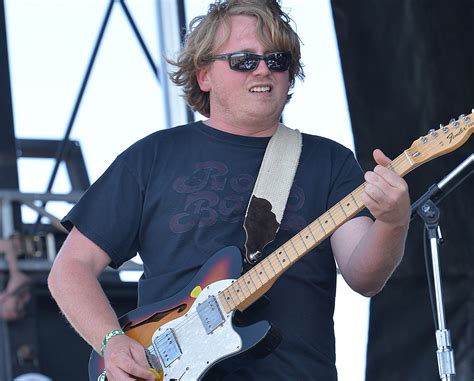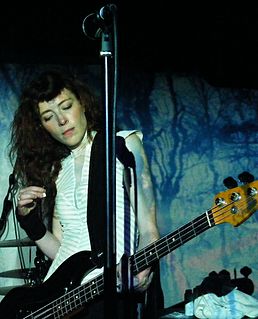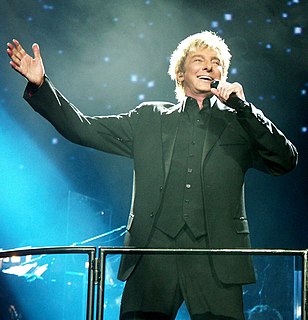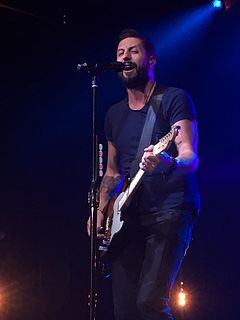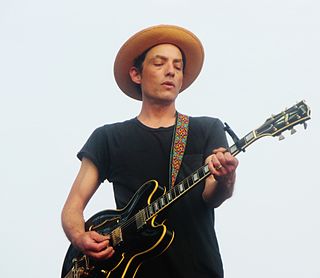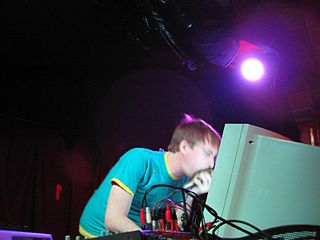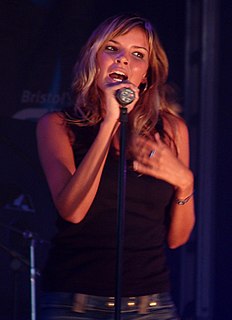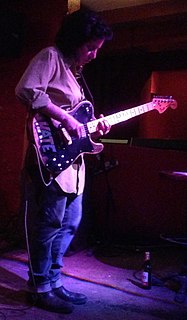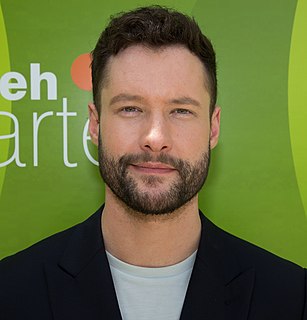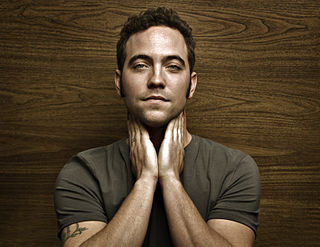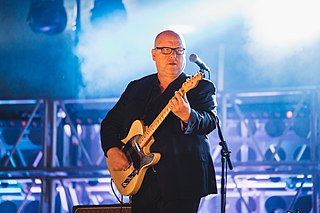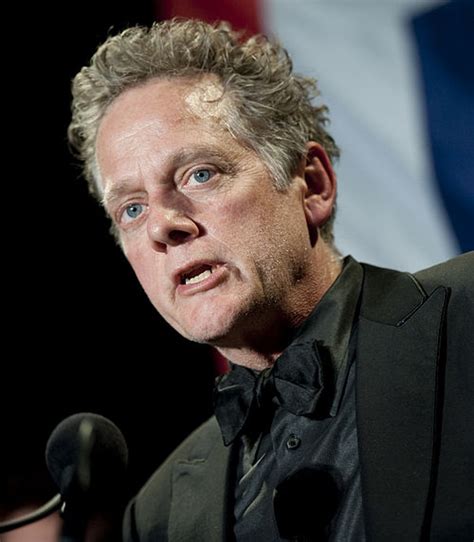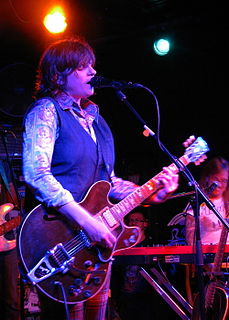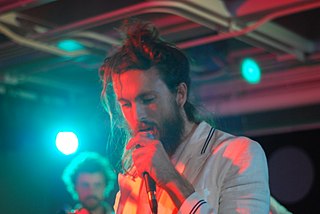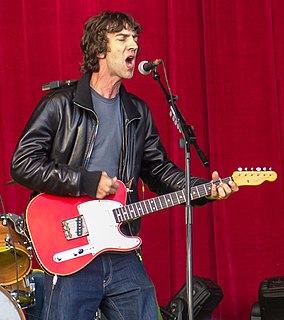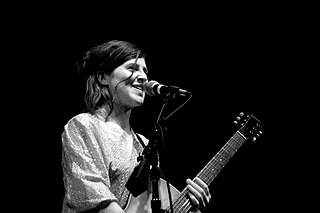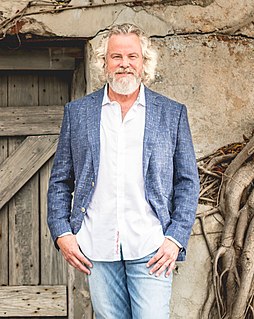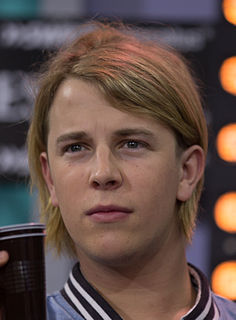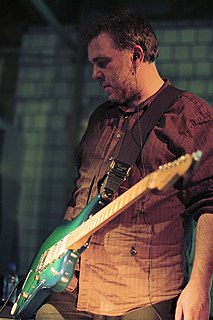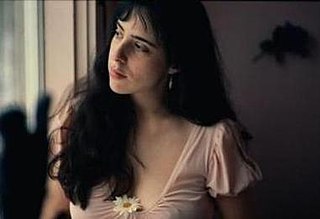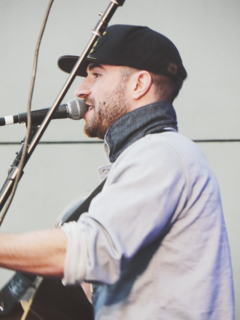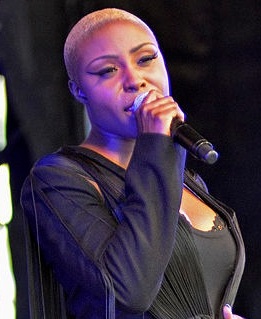Top 773 Songwriting Quotes & Sayings - Page 11
Explore popular Songwriting quotes.
Last updated on December 22, 2024.
I find on songwriting, I really have to work at making sure I'm not imitating myself. You know? Which happens to all of us. When an artist becomes really famous, you'll start listening to songs and saying "Wait...I've heard that before" and it'll be one of theirs. We all fall into that rut. If you don't have something to force you out of it, then it's kind of a dangerous business.
It's writing songs within the structure of telling a story, so it becomes a platform for diverse songwriting, for a writing process that's broader than just figuring out a song. You're also dealing with always pushing the story forward, with casting the voices, with the orchestration, with the arrangements.
One thing that I'm really interested in is the kind of esoteric detail that surrounds these great figures. And Wikipedia is full of that kind of stuff, whether it's true or untrue. It staggers me: why, in the short space assigned to a person or an event, that kind of random information is there. To be honest, that's wonderful fuel for songwriting.
We had some ups and downs, creatively, as the season went on, which is true of any show. If you compound that by the production that we go through, in terms of original songwriting and recordings, and all that is happening simultaneously, where we didn't do as good a job, as I hope we do this year, is the arcing of the storylines and the consistency of going in one direction with a character, and continuing in a really interesting way with that arc.
The songwriting style, to me, is superior. There was a certain amount of joy in it, no matter how sad the song is. You get joy in listening to these Buddy Holly or Roy Orbison sad lyrics. I'm attracted to songs that have balance between the darks and the lights and giving them all equal opportunity.
The 'Black Album' was my real first introduction to Metallica. I was, like, 12 or 13 at the time. We were just getting into music, and I liked that album a lot, but it didn't necessarily change my life. But when I started picking up all the other Metallica records, 'Master of Puppets' was the one to me that stuck out with its songwriting.
When I work with artists, I give them a general guideline of what my vision is. Then they're going to speak their minds on how they view it, too. The song that defines 'Neon Future' the best is the title track. I wrote that with Luke Steele of Empire of the Sun. It's through his words. We had an amazing songwriting session together, connecting.
I've always written songs to use music as a form of therapy or as a way to look at my obstacles or my memories from a different perspective. It's always helped me realize the grass isn't always greener and how I need to live more in the moment. My songwriting is a documentation of whatever's happening in my life at that point in time.
Songwriting is one thing that I have blessed to myself. It's a very personal thing for me, the business is very shared and you're constantly around people. So it just kinda happens when it happens and I write when I want to write and that's the way it's going to be or else I wouldn't even be doing this.
For me going solo meant freedom to collaborate and do whatever I feel I'm good at doing. For me it was really not ever expanding as an artist, developing everything from my songwriting to my singing to my mission statement to my vision. I've been so inspired by all the creative freedom that it brings that I have no complaints.
We have that storytelling history in country and bluegrass and old time and folk music, blues - all those things that combine to make up the genre. It was probably storytelling before it was songwriting, as far as country music is concerned. It's fun to be a part of that and tip the hat to that. You know, and keep that tradition alive.
When I was 18, I took a trip to Thailand with a friend. We stayed for a month. Bangkok was very raw for a teenager: there were no cellphones, no Internet, and the only music I had with me was this cassette by Liz Phair. I was writing a lot of poetry, and she embodied a talky style of songwriting that I found very accessible.
I stand firm behind the belief that, for me, songwriting isn't something that I do or command, it happens to me. I can either choose to stop and acknowledge it, or put it off and hope that it won't fade away. 'That Wasn't Me' is no exception - it came together more quickly than any other song I have ever constructed on my own.
In a basic music way, my sense of melody and my style of songwriting and production carry the same thought process into the new music. I'm thinking about machines and electronics, and how they interact with motion, which I've touched upon in the past. Those key themes are my main interests, and they are really the foundation for my approach to music.
I'm an untrained musician. Untrained musicians don't really have any music theory, they don't have a lot of rules. We break the rules, but it's mostly because we don't know what the rules are. It's easy for us to go to certain places, so I'm not surprised that a lot of people were amused by my songwriting style.
Even though, theoretically, being a composer and being a songwriter are the same thing, in my brain, they are completely different. When I am in my composing mode, I go into my studio and turn that part of my brain on like a faucet. And when I finish, I turn it off. But with songwriting, that process is much more elusive.
I love when rappers have a off-beat, very abstract timing, and he certainly did.And any rapper who really approaches rapping with the art form of songwriting melodically - I know a bunch of rappers who actually go in before they write the lyrics and come up with the melody. And you can hear and feel that difference so much when that's the case.
The Grime guys have kind of rewritten the blueprint for people as far as creativity, songwriting, ownership, doing your own videos... So they're sending out a real positive message I think to people, that you can do it yourself in a punk way, and you can still potentially be successful and get to people.
I'm doing more deep listening, which is part of the role or job of the songwriter. I think with a lot of songwriting, songs sing themselves to you tonally and also lyrically. And it's not necessarily your own visual memories that are writing the song. It's like there are words that you can catch out there and you have to be able to see and hear them.
I don't know exactly where the ideas come from, but when I get into a songwriting mode and it's coming along, it's like you're on the front end of a boat and you're going through the water, and the breeze is blowing through your hair and the water's smooth, and you're going out to sea. I love that feeling.
I think that's always the hope - I mean, I can't speak for others, but I think other artists, no matter what type of medium they are using - whether it be from painting to acting to dancing, songwriting, or anything like that - I believe the desire is to get to the truth, and I think it's really hard to tell the truth.
Maybe I feel like I'm writing songs that don't need to be saved or made more interesting by endless overdubs and studio tricks...maybe - remember, where I am with songwriting I have never been before - sparkly guitars and overdubs I've done (and will do again - see instrumental record in above answer)
For instance, I may bring a certain feminist perspective to my songwriting, because that's how I see life. I'm interested in art, poetry, and music. As that kind of artist, I can do anything. I can say anything. It's about self-expression. It knows no package - there's no such thing. That's what being an artist is.
When I graduated high school, I bought a guitar and, at first, didn't really think I'd get into the songwriting thing as much as I did. But after learning a few songs of other people's to play on the guitar, I got bored with that and just started writing songs on my own, and that's kinda how it came about.
